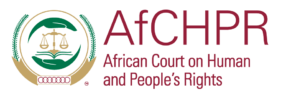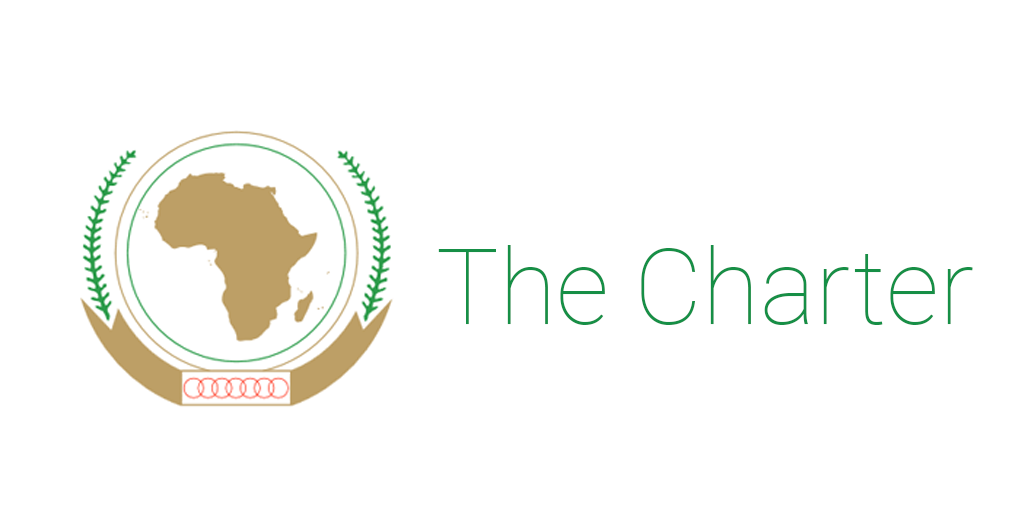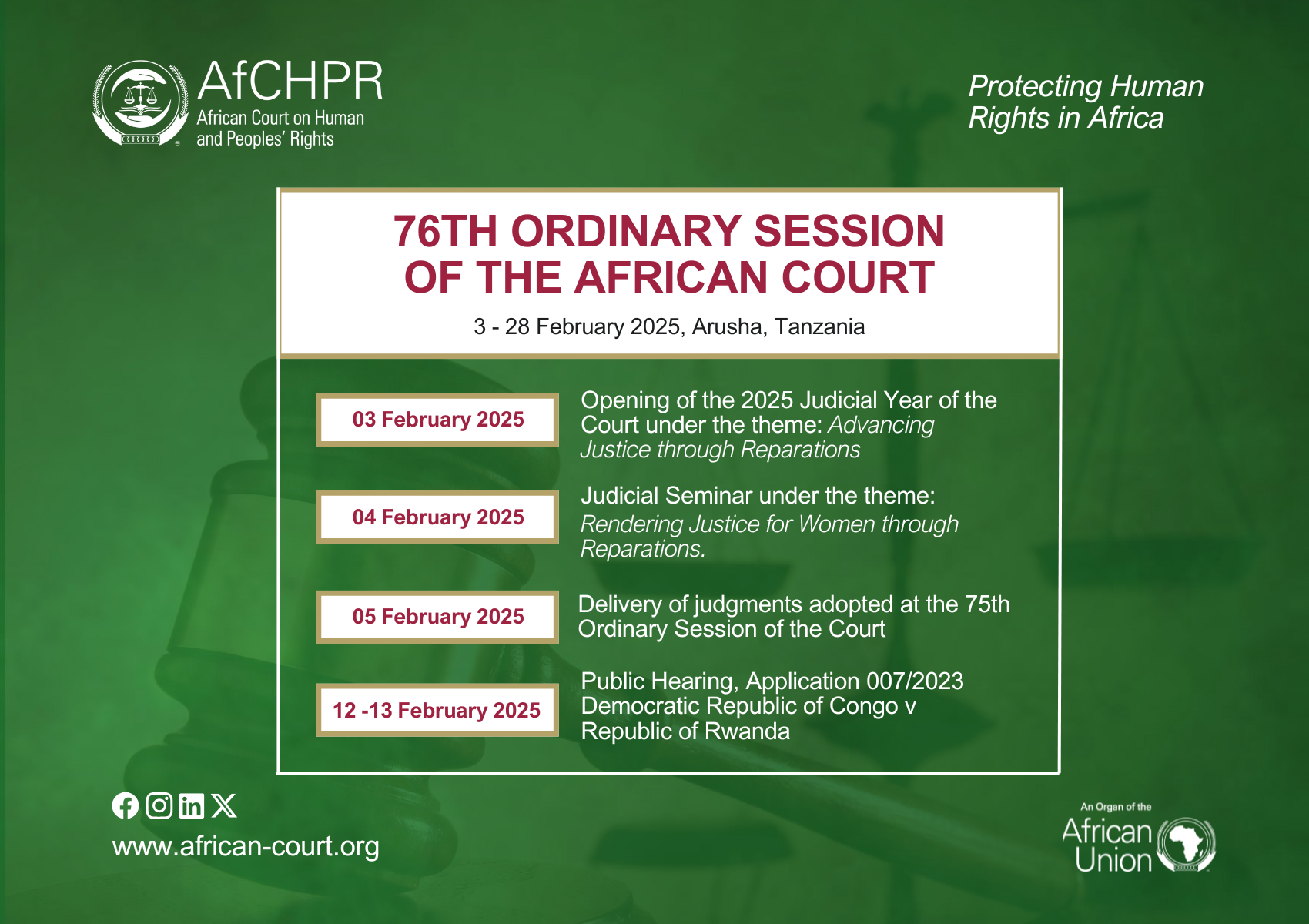President of Tunisia stresses importance of popularizing work of the Court in AU Member States
African Court mission concludes week-long sensitization visits to the Arab Republic of Egypt and Republic of Tunisia.
Arusha, 16 April 2017: The President of the Republic of Tunisia, H.E. Beji Caid Essebsi, has said that the African Court on Human and Peoples’ Rights (AfCHPR) must be popularized on the continent to enable African citizens know about its lofty objectives and activities.
Receiving a delegation of the AfCHPR led by its President, Hon. Justice Sylvain Oré, at the State House in Tunis Thursday 13 April, the Tunisian president commended the creation of the Court, adding that its establishment guarantees protection of human rights in Africa.
“In that way, African human rights will be protected and ensure sustained democratic progress of our people,” he told the delegation, which also included Hon. Justice Rafaȃ Ben Achour and Hon. Lady Justice Chafika Bensaoula.
He called for extensive dissemination of information on the Court to enable the population to know, understand and appreciate the Court’s existence and its noble work to deepen democratic processes on the continent.
The AfCHPR president thanked the Tunisian government for agreeing to host the Court’s delegation, meet key officials and also conduct a sensitization seminar for stakeholders in Tunis.
He also lauded Tunisia’s decision to sign the Article 34(6) declaration that enables non-governmental organisations (NGOs) and individuals to access the Court directly.
“I hail the government of Tunisia on this decision and urge other African countries to follow suit,” Justice Oré stated.
Tunisia signed the declaration yesterday, becoming the eighth country to do so.
Other countries that have previously signed it are Benin, Burkina Faso, Côte d’Ivoire, Ghana, Malawi, Mali and Tanzania.
Rwanda, which had signed, formally withdrew from the declaration last month, although the African Union Summit has urged the East African country to reconsider its position.
The declaration was signed on behalf of the Tunisian government by the Minister for Foreign Affairs, H.E. Khemaies Jhinaoui.
The AfCHPR delegation visited the Arab Republic of Egypt from 9-11 April and held discussions with various key dignitaries, including the Minister for Foreign Affairs and the Speaker of Parliament, among others.
Egypt, which has not ratified the establishment of the Court, however, expressed its appreciation of the Court’s work for the past 10 years and is giving consideration to ratifying the protocol.
“The visit to Egypt has been very much encouraging and we are looking forward to the North African country ratifying the Protocol,” said Justice Oré.
According to Justice Oré, the sensitization visits have helped to raise awareness of the Court’s existence and also to encourage more AU Member States to ratify the Protocol and make the declaration to allow individuals and NGOs direct access to the Court.
“For the Court to achieve its objectives and further strengthen African human-rights systems, a greater number of countries must ratify the protocol and make the declaration under Article 34(6),” he said.
Since December 2010, the Court has carried out continent-wide promotion programmes which have so far seen it undertake 27 sensitization visits and hold 12 regional and continental seminars and conferences.
The main objective of the sensitization visits is to enhance the protection of human rights in Africa.
Specific objectives include: Raising public awareness about the Court; encouraging the ratification of the protocol and depositing of the declaration that allows individuals and NGOs direct access to the Court; sensitizing would-be applicants on how to access the Court and the procedures before the Court; encouraging the public to utilize the Court in settling human-rights disputes; and encouraging the utilization of the Court for advisory opinions.
NOTES FOR EDITORS:
1. The African Court on Human and Peoples’ Rights was established by virtue of Article 1 of the Protocol to the African Charter on Human and Peoples’ Rights on the Establishment of an African Court on Human and Peoples’ Rights, to complement the protective mandate of the African Commission on Human and Peoples’ Rights, with a view to enhancing the protection of human rights on the continent.
2. Since the adoption of the Protocol in June 1998, 30 of 55 AU Member States have ratified it and only eight State Parties to the Protocol have made the declaration under Article 34(6).
3. The success of the Court as a human rights protection mechanism requires much wider ratification of the Protocol by Member States, as well as their acceptance of the competence of the Court by making the declaration under Article 34(6). This “universal” ratification will give the Court the legitimacy it needs to effectively discharge its mandate.
4. Egypt signed the Protocol establishing the Court in February 1999 but is yet to ratify it and make a declaration. Tunisia ratified it in August 2007 and signed the declaration on 13 April 2017.
5. As at March 2017, the Court received 133 applications. It has finalized 32 cases.
6. The Court is composed of 11 Judges, nationals of Member States of the African Union elected in their individual capacity.
7. The Court meets four times a year in Ordinary Sessions and may hold Extra-Ordinary Sessions.
8. For the first time in the history of the Court, there are five female judges sitting at the same time in Court. The increased number of female Judges is the fulfilment of the requirement for adequate gender parity provided for in Article 12(2) and Article 14(3) of the Protocol establishing the Court.














